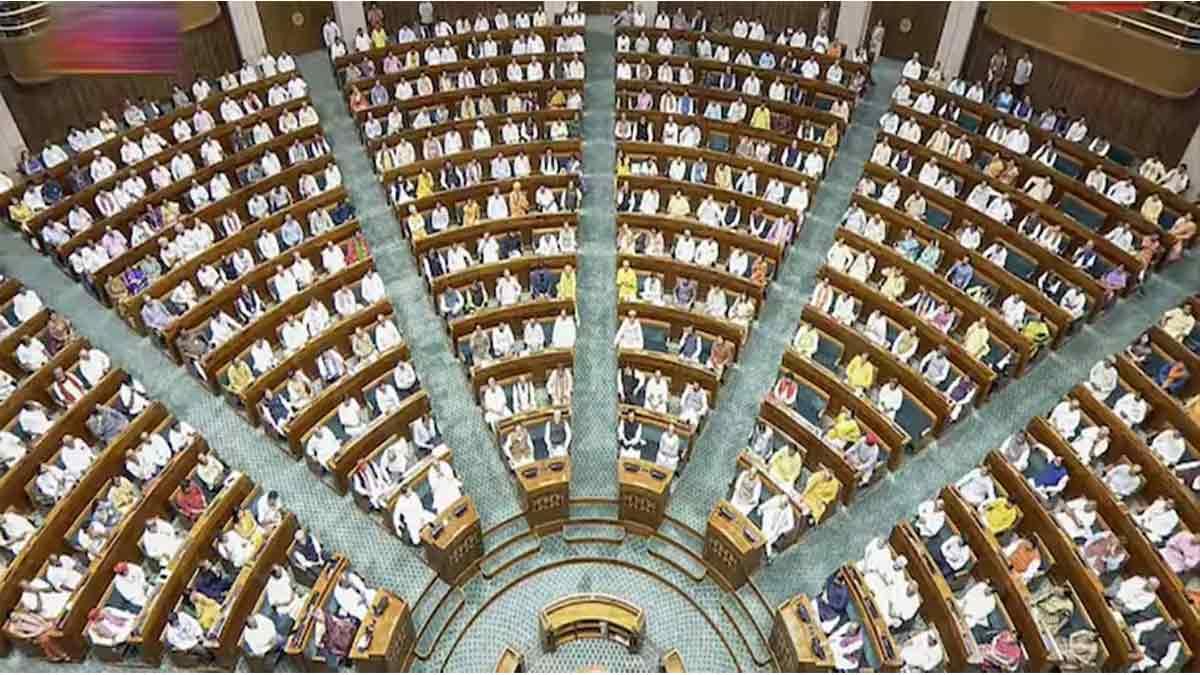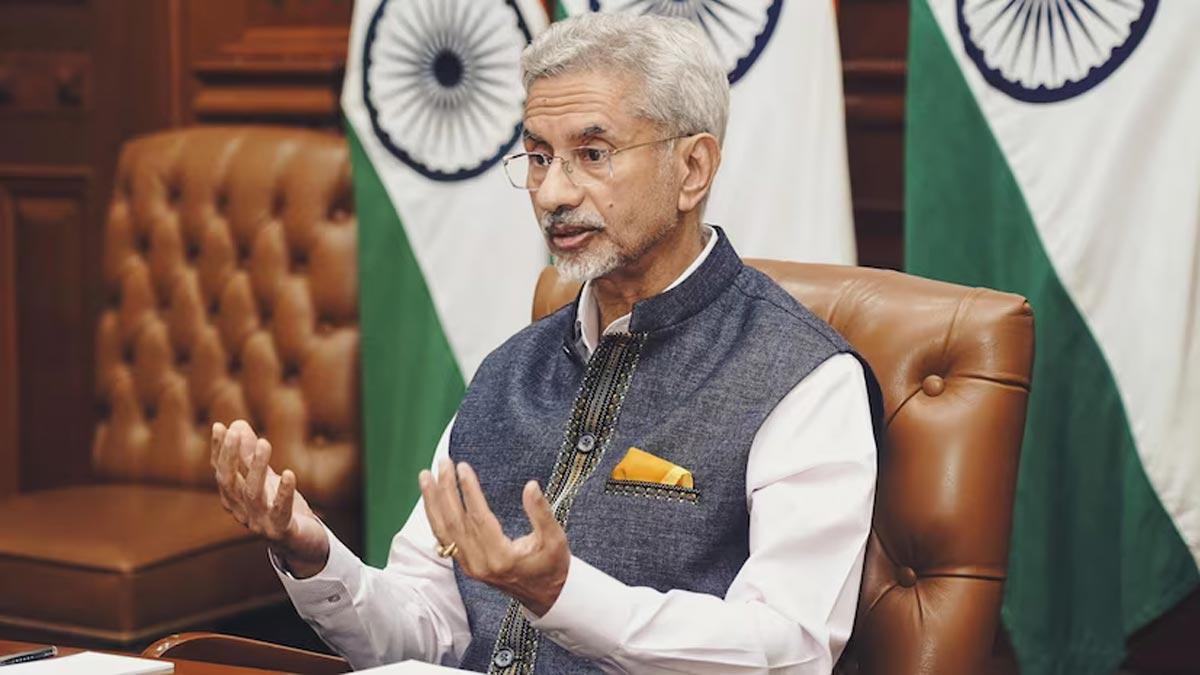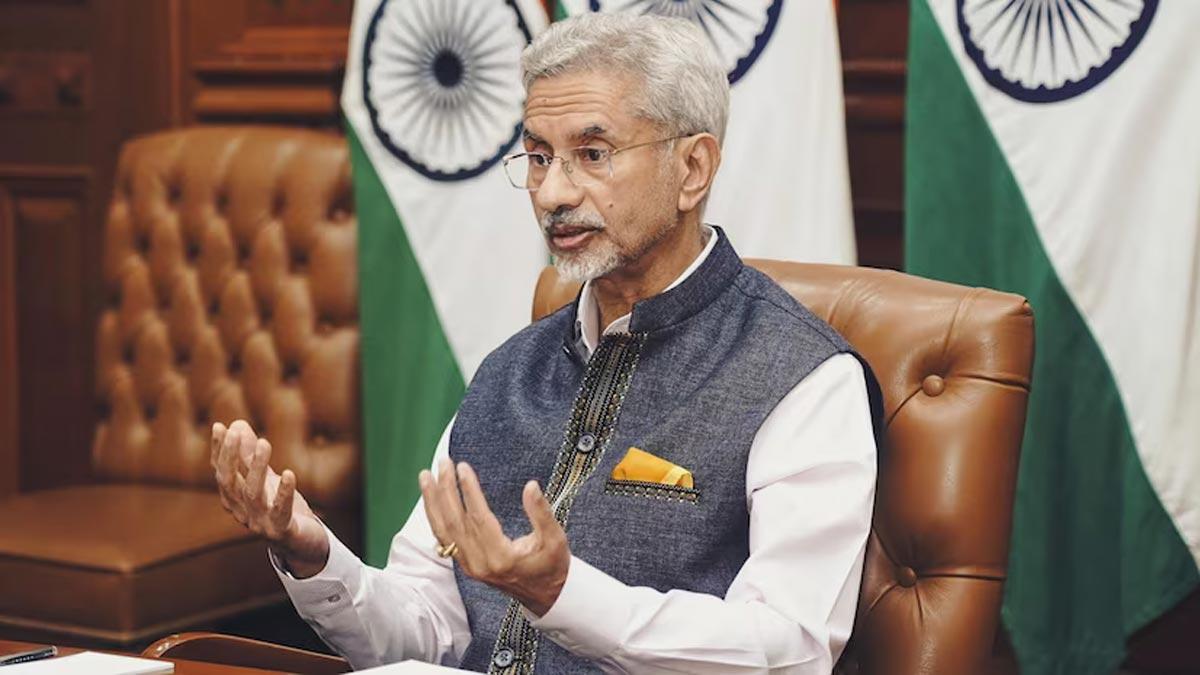The Union Ministry of Minority Affairs (MoMA) formally launched the Unified Waqf Management, Empowerment, Efficiency and Development (UMEED) portal on Friday, with an aim to update and digitalize the Waqf property registration process as envisioned in the Waqf (Amendment) Act, 2025.
Conceived as a centralized digital platform, the UMEED portal is meant to simplify Waqf property management and registration in India. The Ministry is cooperating with State Waqf Boards as well as judicial forums in an effort to increase awareness and facilitate mass usage of the platform, which is slated to facilitate transparent and timely processing of registrations.
A formal statement pointed out that the portal uses a safe three-level verification system called the Maker-Checker-Approver system. Under this scheme, the Mutawalli (or custodian of property) will be the Maker by providing the details of the property. A Waqf Board official will act as the Checker and ensure verification and checking of entries, and the Approver will be a designated government authority which will do the final validation layer.
The government has made registration obligatory for all Waqf properties through the portal within six months from its launch.
As a facilitation measure, the Ministry conducted a two-day national training session where around 141 Master Trainers from different states were trained in utilizing the portal and its features.
But the UMEED portal has evoked severe criticism from the All India Muslim Personal Law Board (AIMPLB), which declared it "completely illegal" and a violation of continued judicial proceedings in the Supreme Court.
AIMPLB President Maulana Khalid Saifullah Rahmani made a statement on June 4, stating, "The All India Muslim Personal Law Board categorically opposes the introduction of the Waqf Umeed Portal. We urge Muslims and State Waqf Boards not to register Waqf properties on the portal until the court gives its ruling."
Rahmani emphasized that the portal is premised on the 2025 legislative amendments, which are being challenged and have been largely criticized.
"Every Muslim organisation has objected to this law. The opposition parties, human rights organisations, and members of the Sikh, Christian, and other minority communities have also termed it unacceptable," he said.
Terming the launch an "act of contempt of court," Rahmani termed the government's action in extending the portal on June 6 as "unfortunate."
"The government is making registration of Waqf properties mandatory under the new law, whose constitutional validity is in doubt. This move is not only unfair but legally unsustainable," he further added.
He appealed to officials from Waqf Boards all over the nation to make formal objections and to hold off on registering properties until the Supreme Court makes its judgment.
The AIMPLB also made an announcement that it would challenge the Centre's move in the top court.
Read also| RCB Marketing Head Among Four Arrested Over Bengaluru Stampede That Killed 11
Read also| Sufi Foundation Endorses Fatwa: Terrorists Denied Funeral Prayers on Indian Soil


















